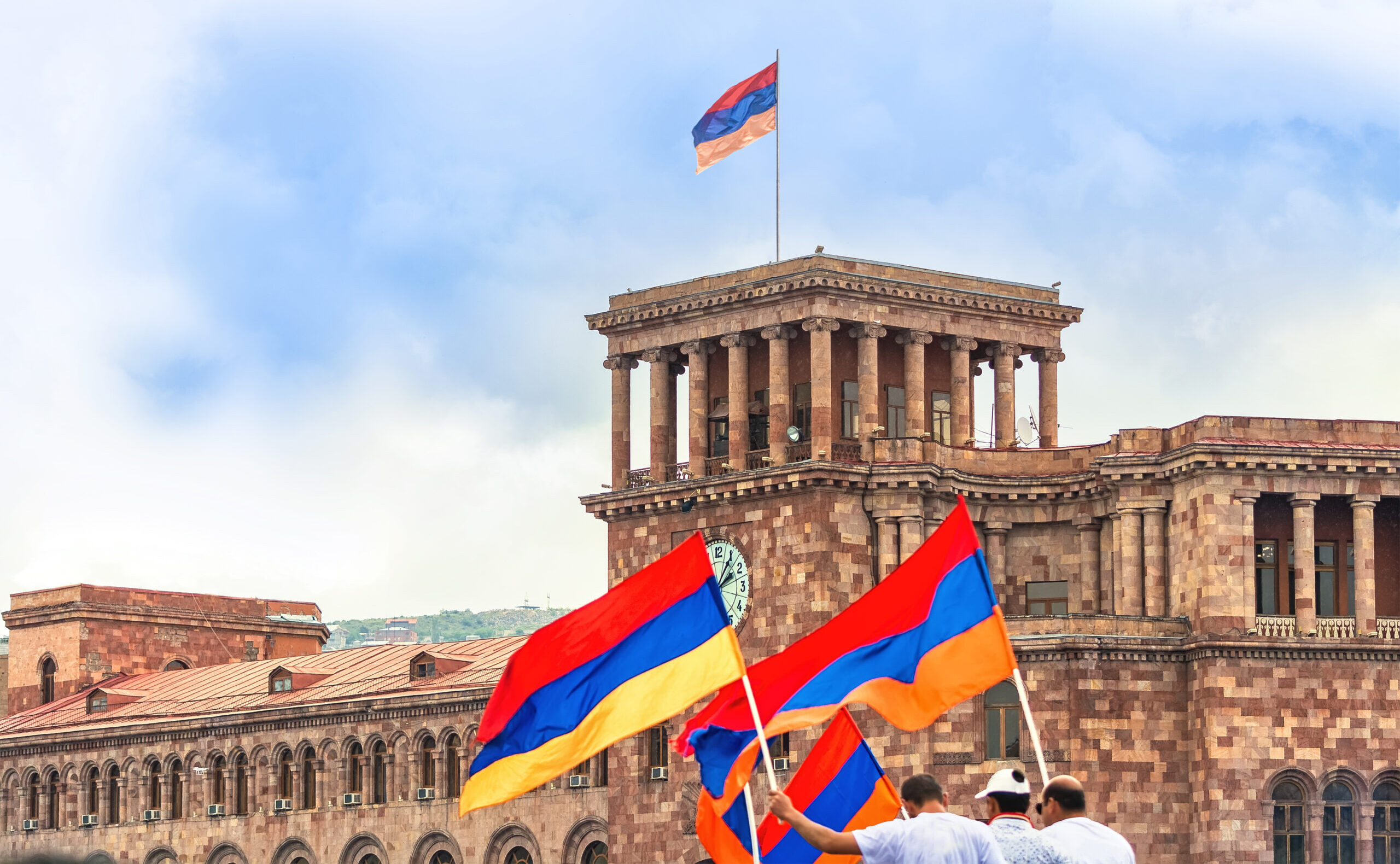
Loading the Elevenlabs Text to Speech AudioNative Player…
In the shadow of Mount Ararat—the biblical resting place of Noah’s Ark—the world’s first Christian nation is facing a crisis of identity and survival. It has been two years since the traumatic exodus of over 100,000 Armenian Christians from Nagorno-Karabakh, a profound loss that still hangs heavy in the air. Today, a mood of grim pragmatism prevails. “We are trying to cut our losses,” a local analyst explained, a sentiment that speaks to a deep national weariness.
One must view this new path with profound concern. Under Prime Minister Nikol Pashinyan, Armenia is redefining its very essence in a bid for security and Western integration. While the desire for peace is understandable, the methods employed—undermining the nation’s spiritual, historical, and social pillars—risk leaving Armenia unmoored and more vulnerable than ever.
There is a growing anxiety for the nation’s unique heritage. The Armenian Apostolic Church, the spiritual heart of this first Christian nation, is facing unprecedented pressure from its own government, with Pashinyan directly denigrating the religious leadership and seeking its replacement with compliant yes-men.
This cultural shift was further symbolized in 2025 by the government’s decision to remove the silhouette of Mount Ararat from its official border stamps. While defended by officials as a policy to avoid sending “dangerous messages” to Turkey (on whose territory the mountain is located), critics saw it as the erasure of a cherished icon under foreign pressure.
At the same time, the refugees from Karabakh, who were ethnically cleansed by Azerbaijan in 2020–2023 and deserve national solidarity, have faced disturbing rhetoric from the ruling party. Most controversial of all have been the Prime Minister’s comments that seemed to blur the unequivocal facts of the 1915 Armenian genocide, a sacred touchstone of memory and identity for Armenians worldwide.
This is all presented as a necessary transition from a “mythological” Armenia to a “real” one, capable of making peace with neighbors like Turkey and Azerbaijan. The impulse to seek stability after a devastating military defeat is rational and would be worthy of support. But the process causes deep unease, as it appears to involve distancing the nation from the very foundations—faith, history, and diaspora bonds—that have ensured its resilience through centuries of peril.
This inward shift is accompanied by a dramatic—and dangerously familiar—geopolitical pivot. As the critical 2026 legislative elections approach, Pashinyan’s government and its supporters are brandishing the distant prospect of EU integration while systematically framing their domestic opponents as pro-Russian agents.
This is the same primrose path trod by Ukraine and Moldova, where domestic political challenges have been reframed as a civilizational struggle, ultimately subsuming national sovereignty to the agendas of more powerful patrons with devastating consequences. For Armenia, this gambit risks the nation’s stability for a geopolitical pipe dream: The path to EU membership is a decade-long labyrinth of political hurdles, while a genuine regional peace seems as distant as ever: at the UN General Assembly in New York last week, Azerbaijan’s President Ilham Aliyev delivered another aggressive speech, while the border with Turkey remains closed.
Meanwhile, the government’s campaign against the Armenian Apostolic Church has now demonstrated a direct and damaging economic cost. This link was made starkly clear when the government effectively seized the Electric Networks of Armenia (ENA) shortly after its owner, billionaire Samvel Karapetian, was arrested—a move widely seen as retaliation for his public criticism of the prime minister’s clash with the Church.
The market’s verdict was swift and severe: The global ratings agency Moody’s promptly downgraded the utility’s credit rating, signaling an immediate loss of investor confidence directly linked to the government’s politically motivated actions.
This move creates a profound contradiction at the heart of Armenia’s proposed Western pivot. The centerpiece of this engagement, the Trump administration’s Route for International Peace and Prosperity (TRIPP) initiative, is built on the core assumption of unlocking significant future U.S. private investment. Yet the government’s conduct sends precisely the wrong signal. How can significant American capital be expected to flow into such an environment? The government has demonstrated that contracts can be voided and assets seized in retaliation for political dissent. This erosion of the rule of law does not just scare off investors; it threatens to hollow out the very diplomatic and economic frameworks, like TRIPP, that are supposed to underpin Armenia’s new direction.
Armenia stands at a moment of great peril. The world should sympathize with its quest for security and a prosperous future. But we must view with profound apprehension a course that endeavors to secure the nation’s future by weakening the ancient pillars that have sustained it for millennia. The hope is that Armenia finds a way to navigate its present challenges without sacrificing the heritage of the first Christian nation. The current path, however, risks not only its sovereignty but the very survival of its unique civilization. A truly sovereign Armenia would not require the sacrifice of its soul, but a strategy of pragmatic balance that secures its interests without forfeiting its identity.



